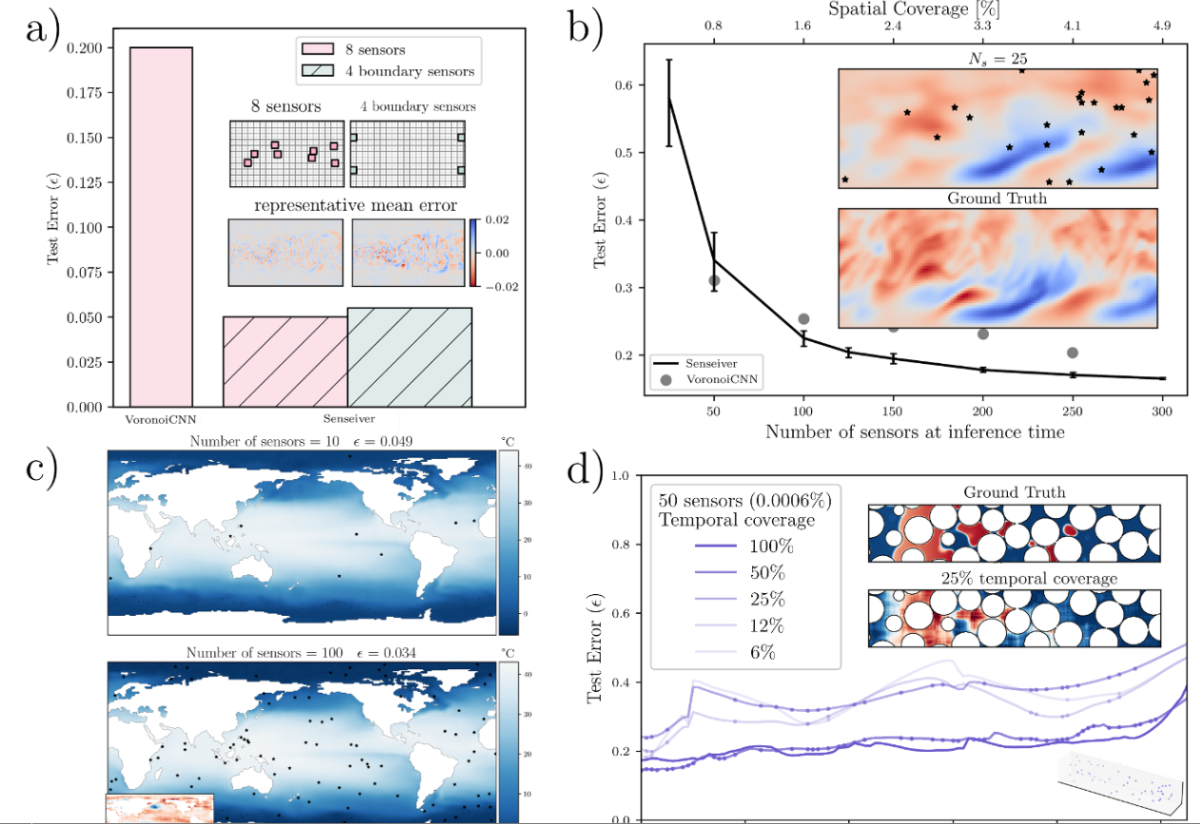Abstract: Several problems in earth sciences and engineering arise from complex systems governed by nonlinear PDEs. There are two major challenges in this area: a) The need for a computationally efficient, rapid modeling capability to assist in design and forecasting, i.e. surrogate modeling, and b) The growing need to exploit sparsely sampled sensor and measurement data, to estimate the state of the full complex system i.e. sparse sensing. Both these challenges are characterized by lack of a robust theoretical or analytical formulation, unlike numerical simulation of partial differential equations. Data-driven techniques like machine learning have shown promise, but there is considerable progress to be made for applications. In this talk, I will present some recent advances our team at Los Alamos National Laboratory has made in these areas. I will discuss our sparse sensing learning approaches that can scale to large datasets in diverse applications. Additionally, I will present a few promising directions in the area of interpretable machine learning for surrogate modeling of PDEs, with a focus on fluid dynamics. We demonstrate that methods that reduce excessive dependence deep neural networks and instead achieve superior accuracy by a tighter coupling with the governing equations. I will also outline the path ahead and opportunities for collaborative research.

